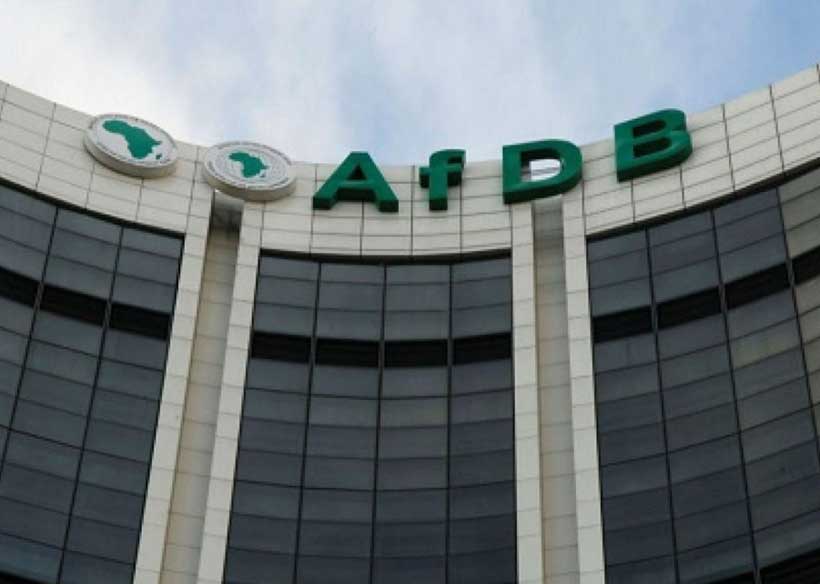AfDB Backs Zambia’s Private Sector with Financing Tools, Strategic Partnerships
Opening the session, Raubil Olaniyi Durowoju, AfDB’s Country Manager for Zambia, stressed the Bank’s sharpened focus on private sector operations as a driver of sustainable growth across Africa.

- Country:
- Zambia
The African Development Bank (AfDB) has reaffirmed its commitment to Zambia’s private sector-led economic transformation by hosting a high-impact strategic side event during the inaugural Invest in Zambia International Conference (IZIC). Themed “Catalyzing Private Sector Growth: Unlocking AfDB’s Financing Toolkit in Zambia,” the session brought together private companies, financial institutions, development partners, and senior government representatives to explore ways to accelerate investment and economic diversification.
A Strategic Shift Towards Private Sector Development
Opening the session, Raubil Olaniyi Durowoju, AfDB’s Country Manager for Zambia, stressed the Bank’s sharpened focus on private sector operations as a driver of sustainable growth across Africa.
“From the President’s office to every Regional and Country Strategy, there is a deliberate shift toward private sector development as the engine for economic transformation,” Durowoju noted.
He explained that the Bank’s Zambia Country Strategy Paper (2024–2029) aligns closely with the Government’s Eighth National Development Plan (8NDP), particularly its emphasis on strengthening private sector participation through catalytic investments in infrastructure and agricultural value chains.
Showcasing AfDB’s Full Financing Toolkit
The event featured in-depth presentations from AfDB’s Financial Solutions Department, detailing the Bank’s non-sovereign financing instruments, including:
-
Senior and subordinated loans tailored to business growth needs
-
Equity participation to support capital expansion
-
Trade finance for cross-border business facilitation
-
Guarantees and risk participation agreements to reduce investment risk
-
Blended finance solutions combining concessional and commercial capital
Sector specialists from Agriculture, Transport Infrastructure, Industry and Services also outlined AfDB’s sectoral priorities, showcasing where private sector players could engage and co-invest in transformative projects.
Building a Robust Investment Pipeline
Moderating the event, Bleming Nekati, AfDB’s Regional Head for Private Sector Operations in Southern Africa, described the session as a launchpad for accelerating project delivery.
“We are now well on our way to building a strong, diversified, and impactful pipeline of private sector operations in Zambia for delivery over the next 12 months and beyond,” he said.
Nekati underscored that the Bank’s goal is to unlock opportunities, drive innovation, and foster a more inclusive and prosperous future for Zambia, signalling a defining moment in AfDB’s engagement with the country’s private sector.
Direct Dialogue and Tailored Solutions
The session concluded with an interactive Q&A segment, enabling business leaders to engage directly with AfDB experts on sector-specific challenges and financing needs. This practical exchange allowed for a deeper understanding of how the Bank’s financial products can be adapted to local market realities.
Beyond the conference hall, the AfDB team conducted targeted bilateral meetings with multiple companies and financial institutions to:
-
Explore partnership opportunities
-
Advance potential investment deals
-
Support pipeline development for priority projects
Strengthening Zambia’s Path to Inclusive Growth
The AfDB reiterated its long-term commitment to working alongside Zambia’s private sector to deliver transformative, inclusive, and sustainable development. By leveraging its financing toolkit, sector expertise, and convening power, the Bank aims to strengthen infrastructure, agriculture, and industrial capacity, driving job creation and economic resilience.
“This is not just about financing,” Durowoju remarked. “It’s about empowering Zambian businesses to be globally competitive while ensuring communities benefit from sustainable development.”










